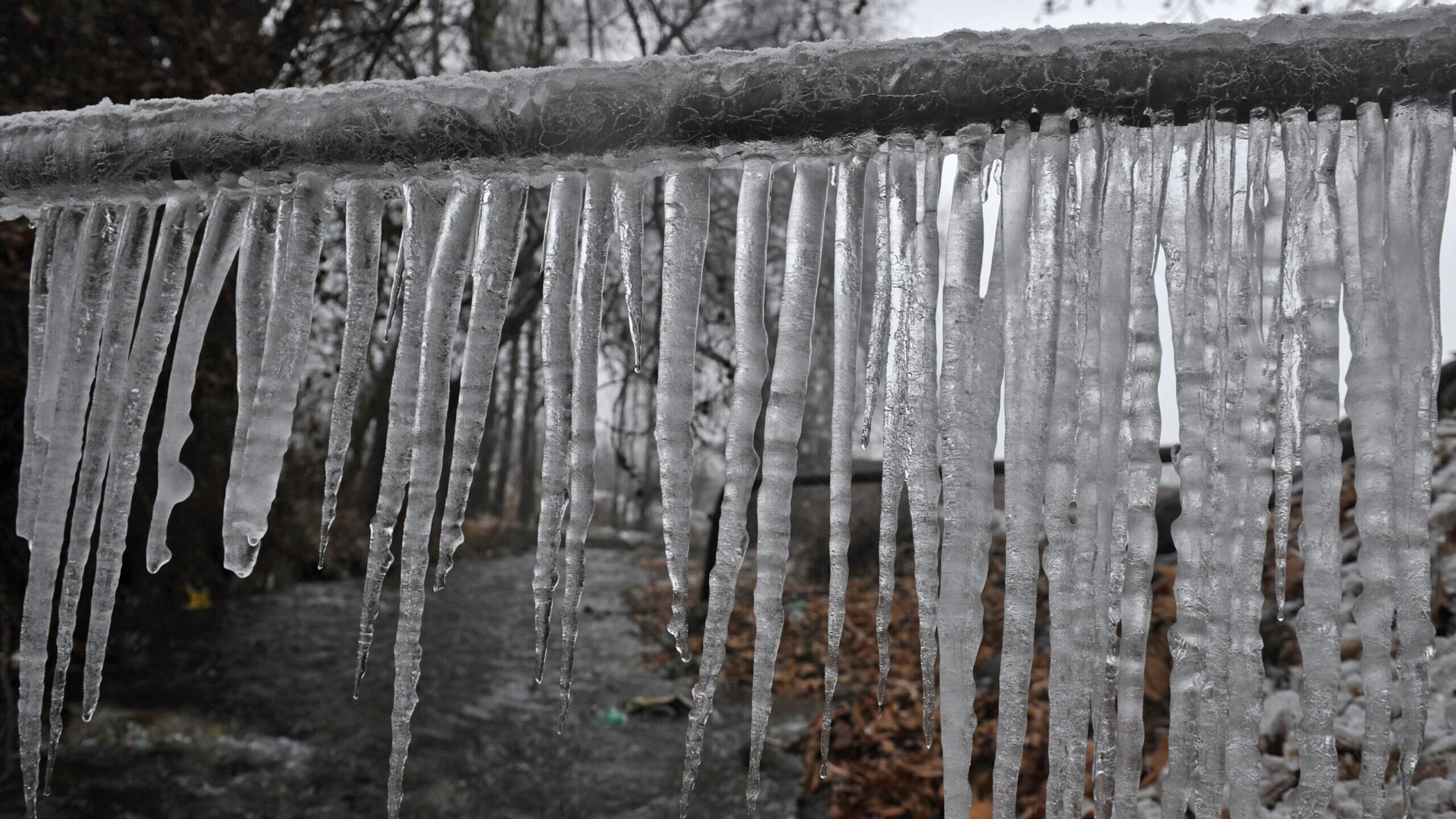Key Methods for Avoiding Frozen Pipes in Cold Weather
Key Methods for Avoiding Frozen Pipes in Cold Weather
Blog Article
The article below in relation to 6 Ways to Prevent Frozen Pipes is incredibly remarkable. You should take a look.

Winter can ruin your pipes, specifically by freezing pipelines. Below's exactly how to avoid it from occurring and what to do if it does.
Intro
As temperature levels drop, the risk of icy pipelines rises, potentially resulting in costly fixings and water damages. Understanding how to prevent icy pipes is crucial for home owners in chilly climates.
Understanding Icy Pipes
What creates pipes to ice up?
Pipes ice up when exposed to temperature levels below 32 ° F (0 ° C) for prolonged periods. As water inside the pipes ices up, it increases, taxing the pipe wall surfaces and potentially triggering them to break.
Risks and problems
Icy pipes can cause water disruptions, building damage, and expensive repair services. Ruptured pipelines can flooding homes and trigger substantial architectural damages.
Indicators of Frozen Pipes
Identifying frozen pipes early can prevent them from bursting.
How to identify icy pipes
Search for reduced water flow from faucets, unusual smells or sounds from pipelines, and noticeable frost on subjected pipes.
Prevention Tips
Insulating vulnerable pipelines
Cover pipes in insulation sleeves or use warmth tape to shield them from freezing temperature levels. Focus on pipelines in unheated or outside areas of the home.
Home heating strategies
Maintain interior rooms effectively heated up, especially locations with plumbing. Open up cabinet doors to permit warm air to circulate around pipelines under sinks.
Safeguarding Exterior Plumbing
Yard hoses and exterior taps
Detach and drain pipes yard tubes prior to winter months. Mount frost-proof faucets or cover outdoor faucets with insulated caps.
What to Do If Your Pipes Freeze
Immediate activities to take
If you presume icy pipes, keep taps open to relieve stress as the ice thaws. Make use of a hairdryer or towels soaked in warm water to thaw pipes slowly.
Long-Term Solutions
Architectural adjustments
Think about rerouting pipelines far from exterior walls or unheated areas. Add added insulation to attic rooms, basements, and crawl spaces.
Updating insulation
Purchase high-grade insulation for pipes, attics, and walls. Proper insulation helps maintain consistent temperatures and decreases the danger of frozen pipes.
Final thought
Stopping icy pipes needs positive procedures and fast actions. By recognizing the reasons, indications, and preventive measures, homeowners can secure their plumbing during winter.
Helpful Tips to Prevent Frozen Pipes this Winter
UNDERSTANDING THE BASICS: WHY PIPES FREEZE AND WHY IT’S A PROBLEM
Water freezing inside pipes is common during the winter months, but understanding why pipes freeze, and the potential problems it can cause is crucial in preventing such incidents. This section will delve into the basics of why pipes freeze and the associated problems that may arise.
THE SCIENCE BEHIND FROZEN PIPES
When water reaches freezing temperatures, it undergoes a physical transformation and solidifies into ice. This expansion of water as it freezes is the primary reason pipes can burst. As the water inside the pipe freezes, it expands, creating immense pressure on the walls. If the pressure becomes too great, the pipe can crack or rupture, leading to leaks and water damage.
FACTORS THAT CONTRIBUTE TO PIPE FREEZING
Low Temperatures: Extremely cold weather, especially below freezing, increases the risk of pipes freezing. Uninsulated or Poorly Insulated Pipes: Pipes located in unheated areas, such as basements, crawl spaces, or attics, are more prone to freezing. Insufficient insulation or lack of insulation altogether exacerbates the problem. Exterior Wall Exposure: Pipes running along exterior walls are susceptible to freezing as they encounter colder temperatures outside. Lack of Heating or Temperature Regulation: Inadequate heating or inconsistent temperature control in your home can contribute to frozen pipes. PROBLEMS CAUSED BY FROZEN PIPES
- Pipe Bursting: As mentioned earlier, the expansion of water as it freezes can cause pipes to burst, resulting in significant water damage.
- Water Damage: When pipes burst, it can lead to flooding and water damage to your property, including walls, ceilings, flooring, and personal belongings.
- Structural Damage: Prolonged exposure to water from burst pipes can compromise the structural integrity of your home, leading to costly repairs.
- Mold and Mildew Growth: Excess moisture from water damage can create a favorable environment for mold and mildew growth, posing health risks to occupants.
- Disrupted Water Supply: Frozen pipes can also result in a complete or partial loss of water supply until the issue is resolved.
WHY CERTAIN PIPES ARE MORE PRONE TO FREEZING
- Location: Pipes located in unheated or poorly insulated areas, such as basements, crawl spaces, attics, or exterior walls, are at higher risk of freezing.
- Exterior Pipes: Outdoor pipes, such as those used for irrigation or exposed plumbing, are particularly vulnerable to freezing as they are directly exposed to the elements.
- Supply Lines: Pipes that carry water from the main water supply into your home, including the main water line, are critical to protect as freezing in these lines can affect your entire plumbing system.
- Underground Pipes: Pipes buried underground, such as those connected to sprinkler systems or outdoor faucets, can be susceptible to freezing if not properly insulated.
https://busybusy.com/blog/helpful-tips-to-prevent-frozen-pipes-this-winter/

We hope you enjoyed our excerpt about How to Prevent Your Pipes From Freezing. Thanks a ton for taking time to read through our short article. Sharing is nice. Who knows, you may be helping someone out. Thanks for being here. Don't forget to come by our blog back soon.
Call Today Report this page